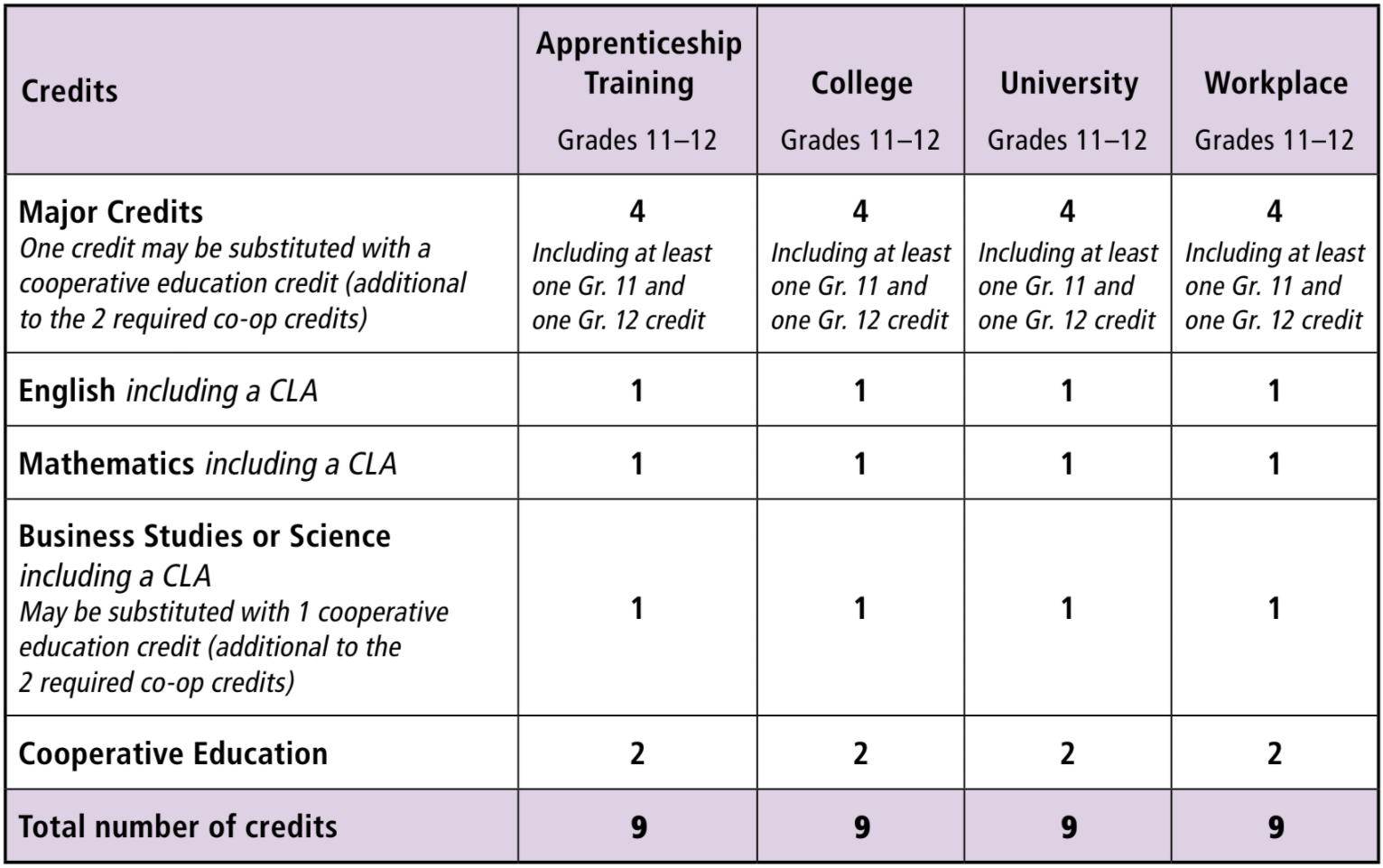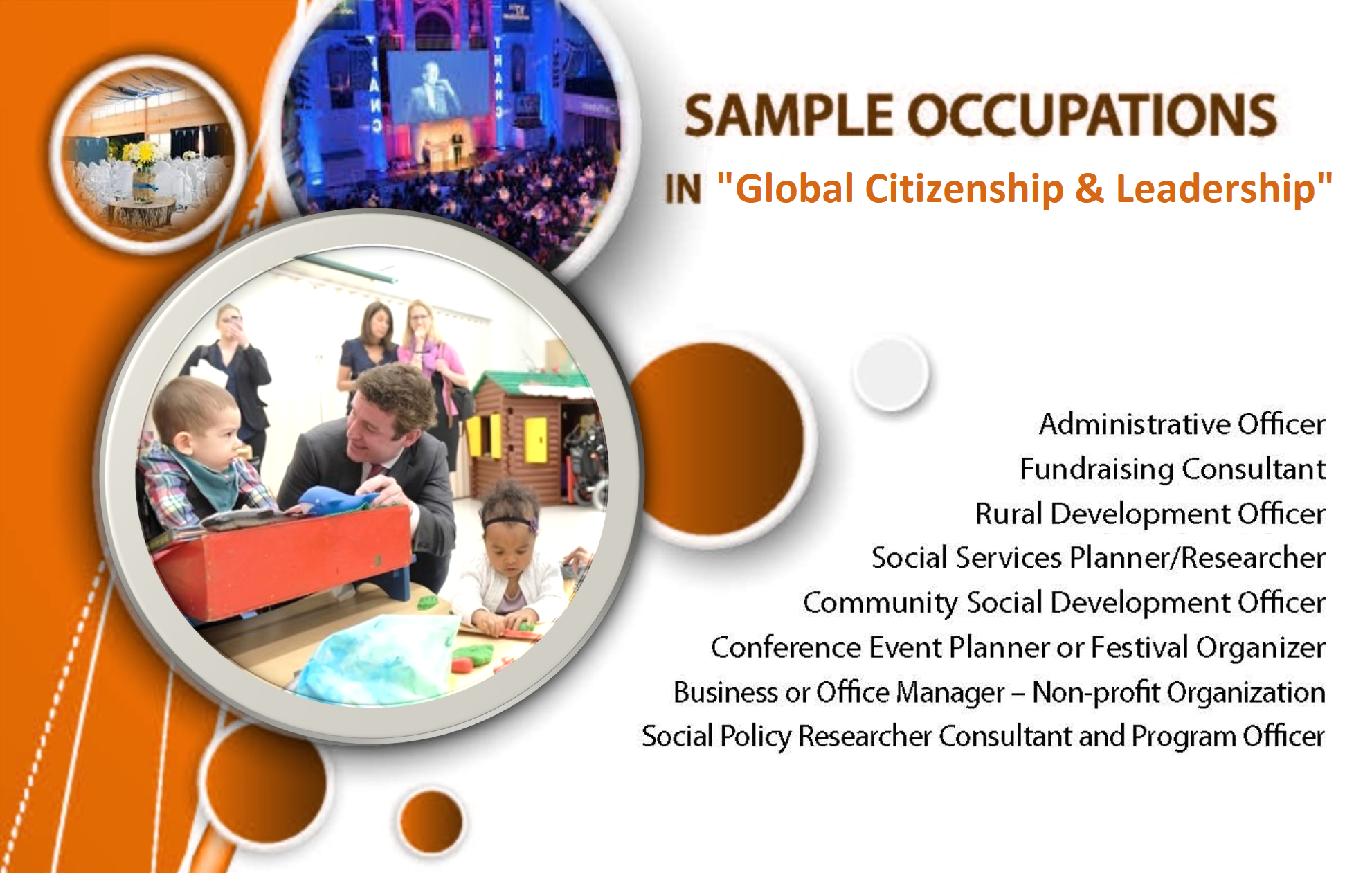The idea of “leadership” is the same across the private, public, and nonprofit sectors. Global citizenship and leadership are rooted in the ability to achieve growing and sustaining the engagement of people to accomplish something extraordinary together. Leadership in nonprofit organizations presents a specific set of challenges and therefore requires a unique set of skills. The non-profit sector offers a range of careers that are dynamic, engaging, and rewarding. Whether in the fields of art, culture, education, the environment, information technology, health care, social development, or sport, countless career paths are available for people who share the sector’s common vision: to make a difference.
The Non-Profit "Global Citizenship and Leadership" SHSM enables students to build a foundation of sector-focused knowledge and skills before graduating and entering apprenticeship training, college, university, or a position in the workplace.
Global Citizenship & Leadership SHSM Program Planner
Required SHSM Components:
1. A bundle of nine Grade 11 and Grade 12 credits

With proper planning, students can fulfill all OSSD graduation requirements, complete every SHSM component, and meet the entrance requirements for their desired post-secondary destinations, including college and university. Students are encouraged to complete their cooperative education credits in Grade 11 so that they can focus on taking credits required for college or university admission in Grade 12. Students may also consider taking “co-op” in summer school or night school.
2. Sector-recognized certifications and training
This SHSM sector requires students to complete four compulsory and three elective sector-recognized certifications.
3. Experiential learning and career exploration activities
Experiential learning and career exploration opportunities relevant to the sector might include the following:
- one-on-one observation of a cooperative education student at a placement in the arts and culture sector (an example of job twinning)
- a day-long observation of an artist (an example of job shadowing)
- a one- or two-week work experience with a member of an industry association or a professional in the sector (an example of work experience)
- participation in a local, provincial, or national competition focused on one of the arts
- attendance at a sector trade show, conference, symposium, or job fair
- a tour of a local theatre, museum, studio, or art gallery
4. Reach ahead experiences
Students are provided one or more reach ahead experiences – opportunities to take the next steps along their chosen pathway.
5. Sector-partnered experiences (SPEs)
Students engage with a sector partner and apply skills to gain insight into the relationship between this sector and ICE (innovation, creativity, and entrepreneurship), coding, and/or mathematical literacy.
Post-Secondary Scholarships for SHSM Students
